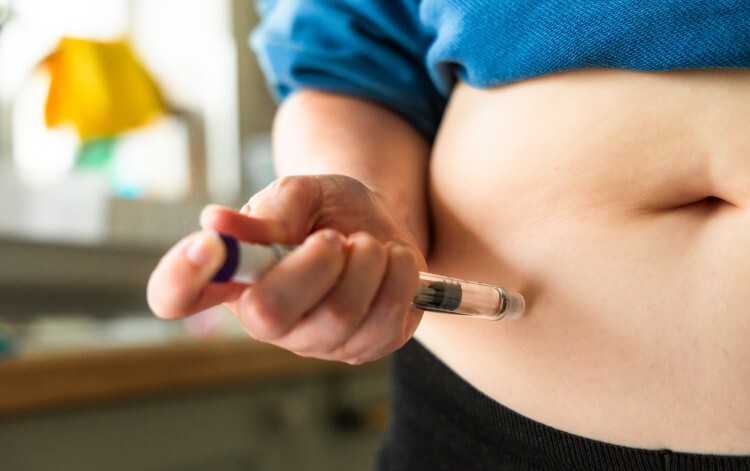Pharmacy bodies have voiced ‘significant concern’ in the wake of substantial price hikes for weight loss medication Mounjaro, announced last week by drug manufacturer Eli Lilly.
Community Pharmacy England (CPE) stressed that the government must protect pharmacies from any negative impact and said it had sought assurance on prescription reimbursements.
The new pricing for Mounjaro (tirzepatide) KwikPen will take effect on 1 September 2025 and will see price for a monthly supply of the lowest dose of Mounjaro (2.5mg) stand at £133 – a 45% increase.
While the highest dose (15mg) will rise to £330, marking a 170% increase.
Related Article: Teplizumab becomes UK's ‘first-ever’ approved immunotherapy for type 1 diabetes
Eli Lilly said it initially set the UK list price below the European average to avoid delays in NHS access, as the UK was one of the first countries to launch Mounjaro. They now cite ‘changes in the environment’ and new clinical evidence supporting the drug’s value as reasons for correcting these pricing inconsistencies.
Community Pharmacy England (CPE) said it had sought assurance from the Department of Health and Social Care (DHSC) that reimbursement of NHS prescriptions dispensed from September will reflect the higher prices.
It also urged the government to maintain UK supply and protect pharmacies from any ‘knock-on effects’.
CPE added: ‘The announcement of substantial price increases for Tirzepatide (Mounjaro) is a significant worry for pharmacy teams and patients alike.
‘No one yet knows the full extent of the impact the change will have on community pharmacies, but we have already seen a surge of demand ahead of September’s increase and are concerned about the extra administrative burden on pharmacy teams needing to declare their private versus NHS usage of the drug.’
There is also a concern that some patients will turn to unregulated websites and obtain counterfeit medicines in response to the increased prices. Roz Gittins, chief pharmacy officer at the General Pharmaceutical Council (GPhC) warned people against this.
‘Anyone using illicit websites is taking a huge risk with their health,’ she said. ‘We would always urge people to make sure any prescriptions they get online are dispensed from a GPhC registered pharmacy.’
Related Article: Managing atopic eczema in the community: A practical guide for pharmacists
Professor Claire Anderson, president of the Royal Pharmaceutical Society (RPS), echoed her warning.
She said: ‘We remain deeply concerned about counterfeit and unregulated weight loss products, which may contain incorrect dosages, harmful substances, or no active ingredients at all.
‘Pharmacists have a vital role in protecting patients by offering trusted, evidence-based advice and signposting to legitimate sources of care. Patient safety must remain the priority in all settings.’
This follows reports from the medicines regulator that some fake versions of the injectable have been found to contain insulin with patients needing urgent medical attention after use.
Professor Anderson also warned patients against stockpiling which can contribute to supply pressures and disrupt equitable access.
Related Article: Government partners with TikTok on overseas cosmetic surgery campaign
Henry Gregg, chief executive of the National Pharmacy Association (NPA), said he was ‘very concerned’ about patients undergoing courses of treatment or considering weight loss programmes.
The NPA said it was urgently supporting its members to ‘limit the impact on patients and ensure they can continue their courses of treatment’ – including the vital wraparound care that pharmacies provide.


Have your say
Please add your comment in the box below. You can include links, but HTML is not permitted. Please note that comments are not moderated before publication and the views expressed are those of the user and do not reflect the views of The Pharmacist. Remember that submission of comments is governed by our Terms and Conditions. You can also read our full guidelines on article comments here – but please be aware that you are legally liable for any libellous or offensive comments that you make. If you have a complaint about a comment or are concerned that a comment breaches our terms and conditions, please use the ‘Report this comment’ function to alert our web team.